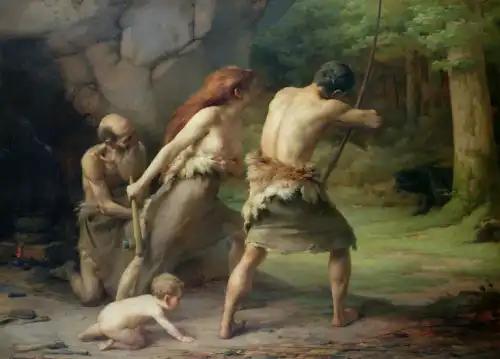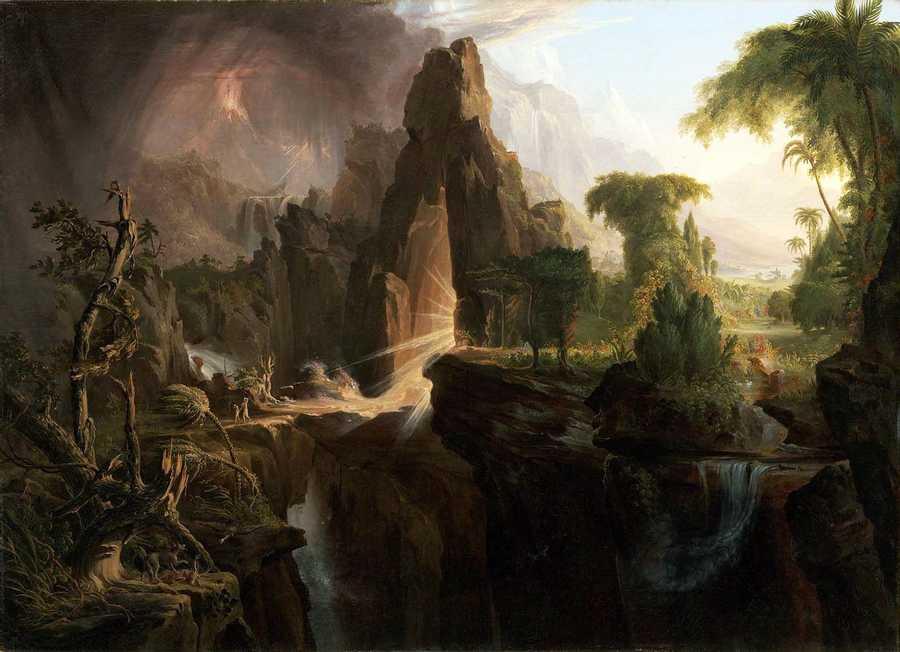The Relationship Between Nature and Culture
Curated from: thoughtco.com
Ideas, facts & insights covering these topics:
4 ideas
·3.4K reads
5
Explore the World's Best Ideas
Join today and uncover 100+ curated journeys from 50+ topics. Unlock access to our mobile app with extensive features.
Nature vs Culture
Nature is often seen as the opposite of culture - nature cannot be the result of human interference, and cultural development is achieved against nature.
There is also another take on the relationship between nature and culture. Studies suggest that culture is part of the ecological niche.
129
1.54K reads
Education: An Effort Against Nature
Modern authors such as Jean-Jacques Rousseau saw education as an effort against the tendencies of human nature.
Humans start out with wild dispositions using violence to achieve their desires, be disorganized, and act egotistically. Education uses culture to interfere with our natural tendencies and accomplish the opposite.
129
733 reads
Adapting To The Environments We Live In
Studies in the history of human development show that culture in an anthropological sense is part of adapting to the environmental conditions we live in.
For example, hunting allowed hominoids to move from the forest into the savannah, changing their diet and living habits. The invention of weapons developed into a series of skill sets charaterizing our cultural profile, from butchering tools to ethical rules about the proper use of weapons.
115
550 reads
Culture as an Ecological Niche
Over the past decades, the view that came to be most plausible is that culture is part of the ecological niche within which humans live. Through the ages, we bring our culture along with us.
Our imparting of culture does not seem to be directly related to genetic information. It is also horizontal among individuals within the same generation. You can learn to make lasagna or speak another language even if you have not been exposed to it from the start.
115
575 reads
IDEAS CURATED BY
Spending a large amount of time with someone literally causes you to pick up their habits. Choose your friends wisely.
Holden P.'s ideas are part of this journey:
Learn more about philosophy with this collection
Conflict resolution
Motivating and inspiring others
Delegation
Related collections
Similar ideas
Read & Learn
20x Faster
without
deepstash
with
deepstash
with
deepstash
Personalized microlearning
—
100+ Learning Journeys
—
Access to 200,000+ ideas
—
Access to the mobile app
—
Unlimited idea saving
—
—
Unlimited history
—
—
Unlimited listening to ideas
—
—
Downloading & offline access
—
—
Supercharge your mind with one idea per day
Enter your email and spend 1 minute every day to learn something new.
I agree to receive email updates

